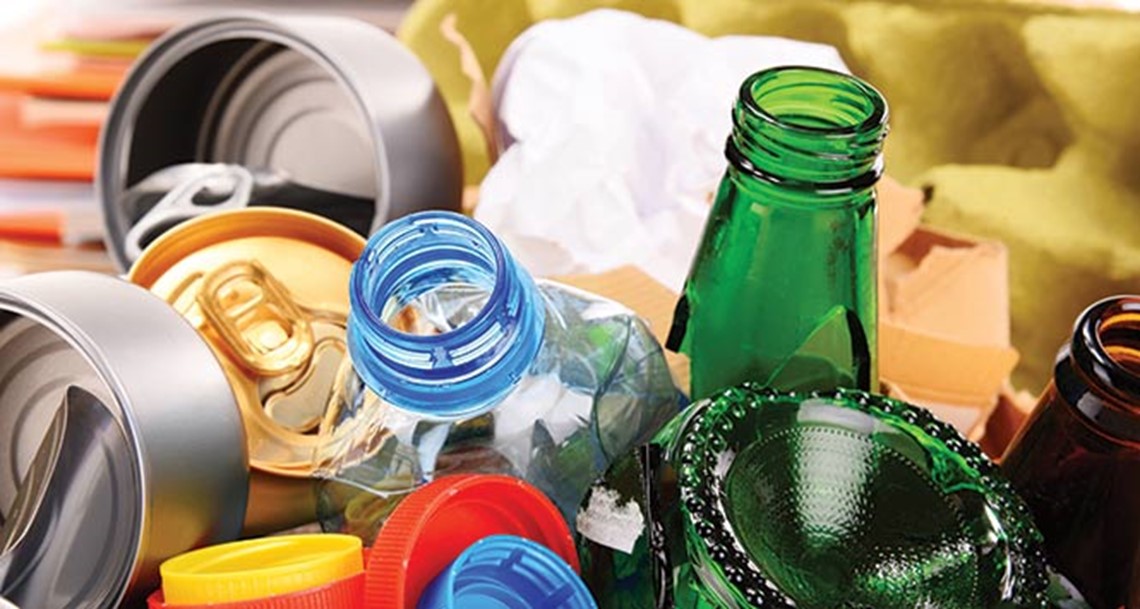Scottish Wholesale Association calls on MSPs to halt deposit return scheme (DRS) as industry struggles during coronavirus crisis

The Scottish Wholesale Association (SWA), the trade association for Scotland’s food and drink wholesale businesses, is urging MSPs to halt the Scottish Government’s deposit return scheme (DRS) ahead of the final Holyrood vote on the draft regulations today.
While the trade group welcomed the announcement in March that the Scottish Government had extended the “go live” date for the implementation of the scheme from April 2021 to July 2022, it has reiterated concerns over the negative impact that DRS will have on its members, many of whom are already struggling during the coronavirus pandemic.
Colin Smith, chief executive of the SWA, commented: “Wholesalers and our partners in retail, tourism and hospitality represent some of the sectors most badly impacted by Covid-19 – SWA has members who have lost 80% of their foodservice trade overnight while receiving no Government assistance two months into this crisis.
“Last month, in the State of the Economy report published by the Scottish Government’s Chief Economist, it was reported that GDP could fall by around 33% during the current period of social distancing and that sectors such as retail, wholesale, tourism and hospitality are likely to be among the worst affected.
“In view of this we are urging MSPs to support their local businesses and halt the DRS regulations at this time, taking unnecessary pressure off our members and their customers. The regulations can then be revisited when we have a better understanding of the ‘new normal’ both in terms of Scotland’s economic and environmental future.”
Smith added: “We know that the final Business and Regulatory Impact Assessment (BRIA) underpinning the Deposit and Return Scheme for Scotland Regulations 2020 is now obsolete.
“There will be a need for revised data and a fresh look at scheme design as a result of Covid-19 impacts on the number of containers on the market, numbers of retail and hospitality return points, council recycling rates, and online food sales.”
The Scottish Government wants to introduce a DRS scheme that will include plastic bottles made from polyethylene terephthalate (PET), aluminium and steel cans, and glass bottles. Under the scheme, a 20p deposit will be applied each time one of those single-use drinks containers is sold.